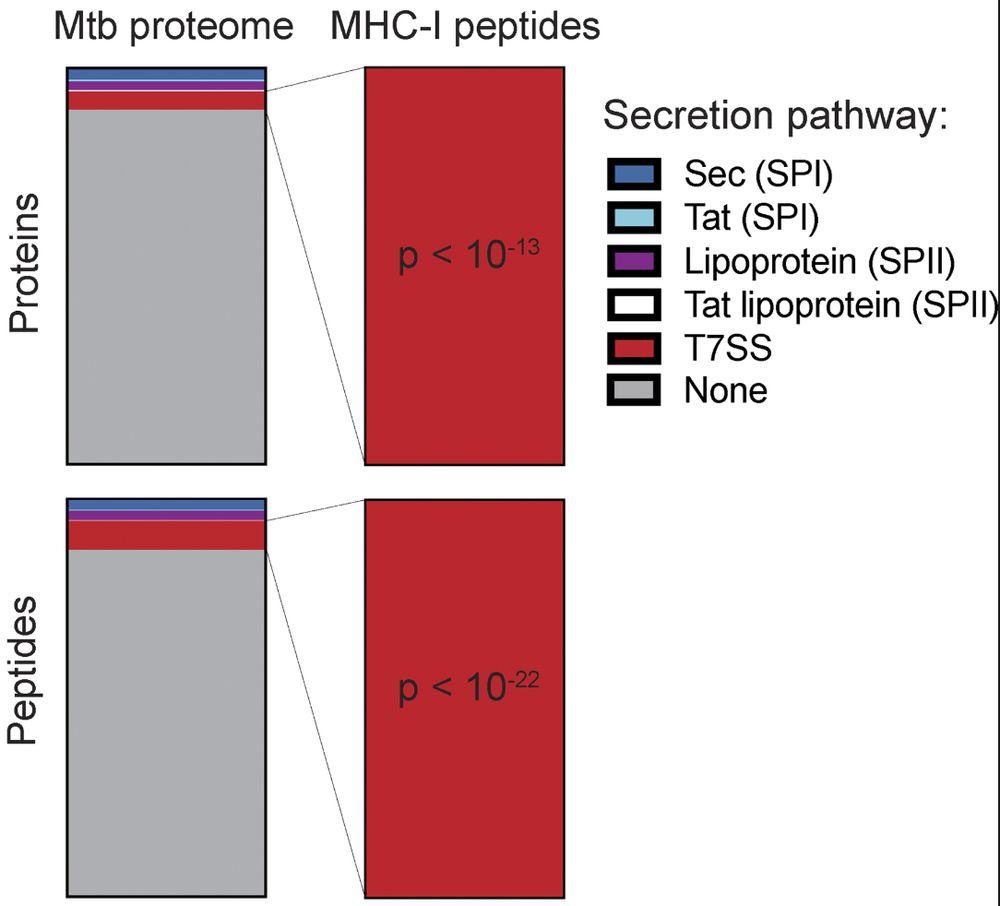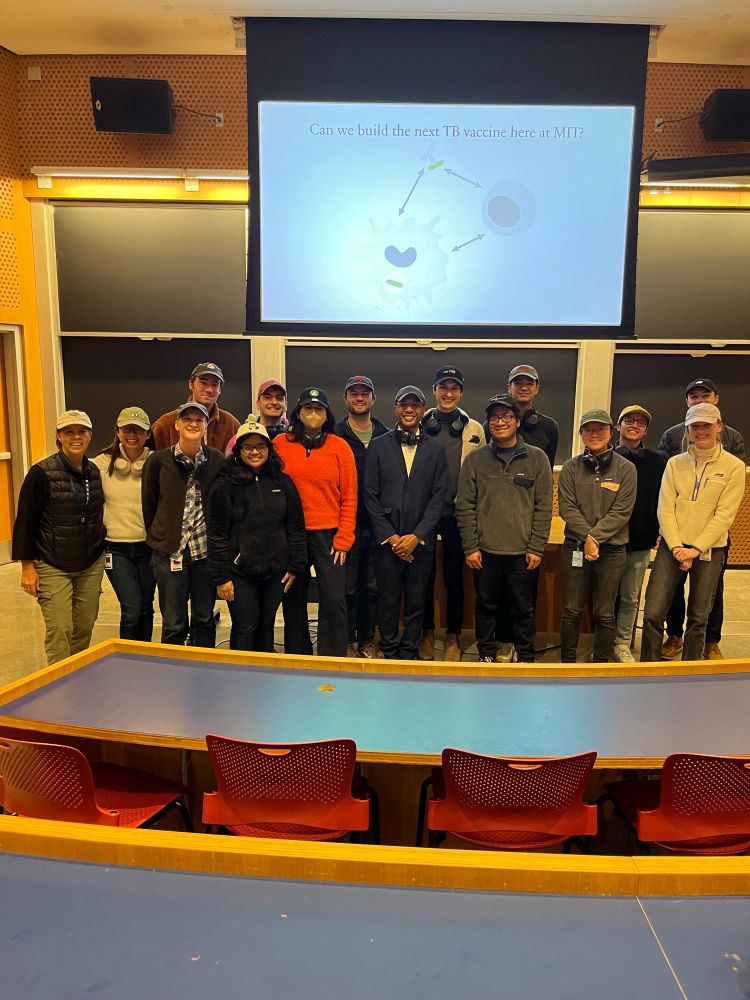

1. We did discovery MS with macrophages infected with an ESX-1 mutant and asked if we could see Mtb-derived peptides. No!

1. We did discovery MS with macrophages infected with an ESX-1 mutant and asked if we could see Mtb-derived peptides. No!







I might now sound like a broken record, but check the abstract!!!
Let’s go type 7 secretion system substrates! #tuberculosis #tbsky

I might now sound like a broken record, but check the abstract!!!
Let’s go type 7 secretion system substrates! #tuberculosis #tbsky

Grateful to my lab family, my extended science family, and my family for the amazing support and love offered on the journey so far.
Much more work left to do but taking this moment to say thank you!

Grateful to my lab family, my extended science family, and my family for the amazing support and love offered on the journey so far.
Much more work left to do but taking this moment to say thank you!


